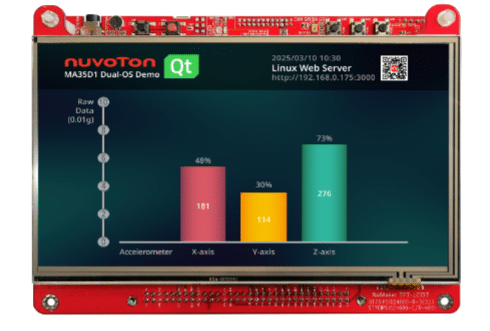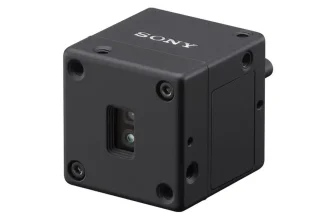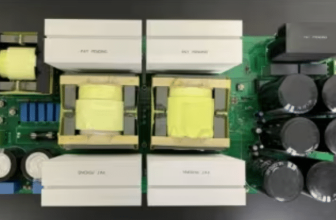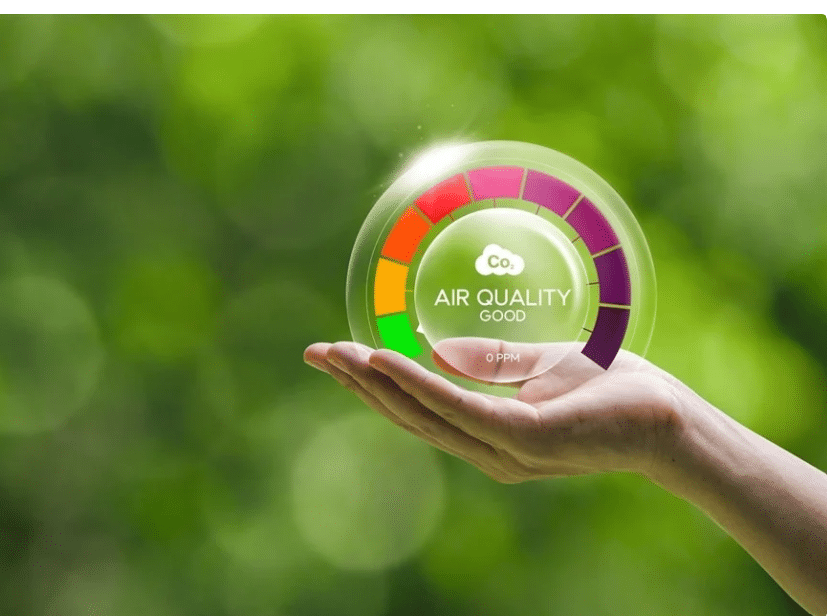
Check out our latest products
A new wave of mobile air pollution sensors, powered by Artificial Intelligence (AI), could greatly enhance the precision of air quality monitoring and empower individuals with clearer insights into pollution levels in their communities.
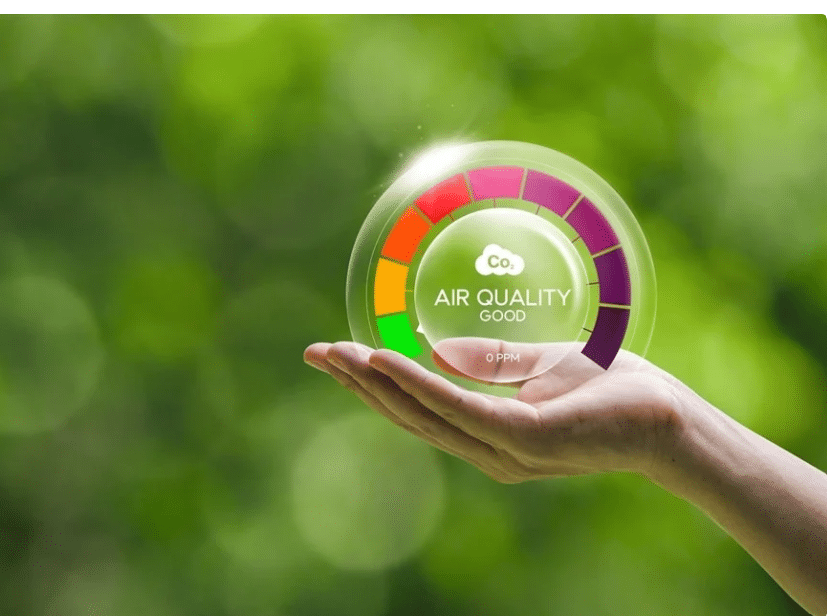
A recent study explored how low-cost, portable electrochemical sensors—about the size of a smartphone—can be enhanced with AI to deliver accurate, real-time air quality data anywhere. Traditional monitoring systems are expensive, fixed, and sparsely located, often failing to reflect localized pollution levels. This is especially concerning given that air pollution causes around seven million deaths annually, with children being particularly at risk.
Supported by internal Seedcorn funding, Innovate UK, and the UK Shared Prosperity Fund, Kingston University collaborated with Technocomm Consulting Ltd to find a more accessible solution. Technocomm developed an affordable device called EnviroSense, while Kingston researchers examined how environmental factors and other gases might affect sensor accuracy.

To validate performance, the team deployed sensors next to high-precision instruments at the Weybourne Atmospheric Observatory in North Norfolk—a site selected for its varied pollution levels due to prevailing winds. Over a 12-week period (May–August 2024), the sensors recorded carbon monoxide, carbon dioxide, and ozone levels every 30 minutes, alongside weather data.
Advanced AI models were then used to analyze the data and correct inaccuracies. This approach reduced measurement errors by up to 46%, demonstrating that AI can significantly enhance the reliability of affordable sensors—making them viable for use in public health and environmental policymaking. Following the study, Technocomm released a commercial version, EnviroSense AI. The team highlighted the real-world potential, stating that AI-powered portable sensors could transform public access to air quality data, even enabling local emergency interventions.
The researchers emphasized the public health impact, while Technocomm’s Managing Director Bijan Mohandes praised the collaborative approach that enabled the project’s timely success. Trials are now underway in Spain and Malaysia to evaluate the technology under diverse environmental conditions, signaling a promising global future for accessible, AI-enhanced air monitoring.


![[5G & 2.4G] Indoor/Outdoor Security Camera for Home, Baby/Elder/Dog/Pet Camera with Phone App, Wi-Fi Camera w/Spotlight, Color Night Vision, 2-Way Audio, 24/7, SD/Cloud Storage, Work w/Alexa, 2Pack](https://m.media-amazon.com/images/I/71gzKbvCrrL._AC_SL1500_.jpg)



![[3 Pack] Sport Bands Compatible with Fitbit Charge 5 Bands Women Men, Adjustable Soft Silicone Charge 5 Wristband Strap for Fitbit Charge 5, Large](https://m.media-amazon.com/images/I/61Tqj4Sz2rL._AC_SL1500_.jpg)

